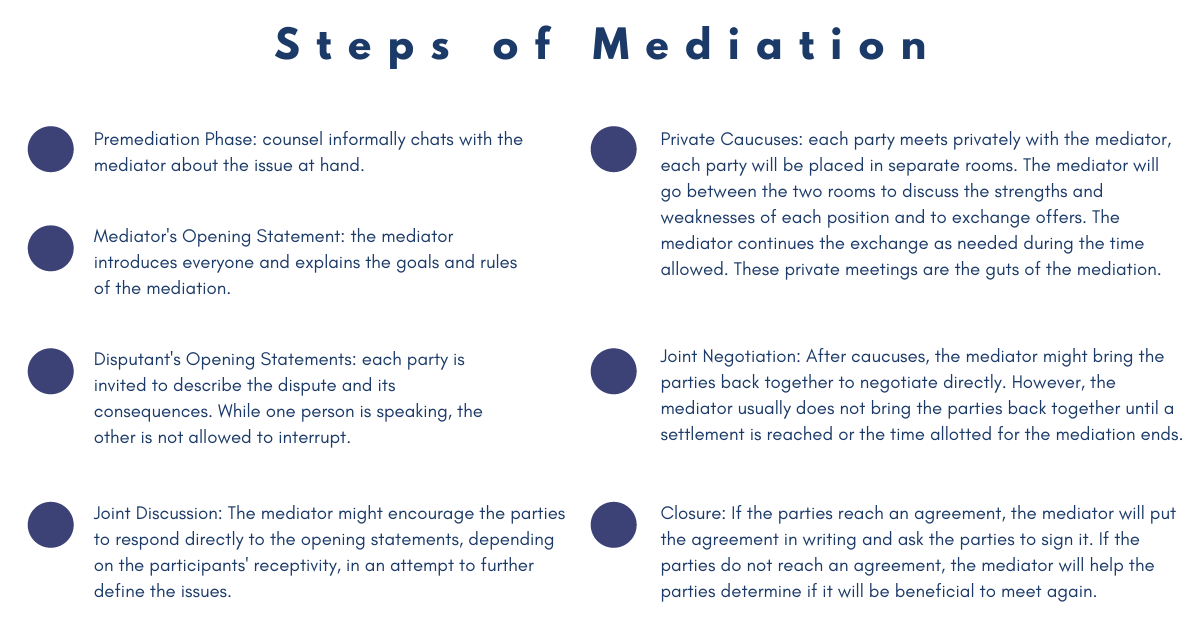Reviewing Your Receivables for 2023
Closing out the year can be a hectic time. Implementing some of these tips in to your process could help clear pesky receivables from your ledger before the end of the year and help you breeze through year-end close next year:
- Perform a close calendar walkthrough with all the key parties involved.
- Prepare a reconciliation for every account, even accounts with no activity.
- Prepare activity roll-forwards for accounts receivable and bad debt reserve, fixed assets, intangible assets, goodwill balances, etc.
- Review your Aged Accounts Receivable report, try and collect from clients with 30-60 day past due accounts. These are most likely to pay quickly.
- Check in with clients that possess 60-90 day past due accounts and make sure they have received all your communications about their debt.
- Review uncollectible accounts and write-offs. Identify what went wrong to improve your process moving forward.

If you would like to clean up your collection process for 2023-the experienced attorneys at Wagner, Falconer & Judd are only a phone call away.
